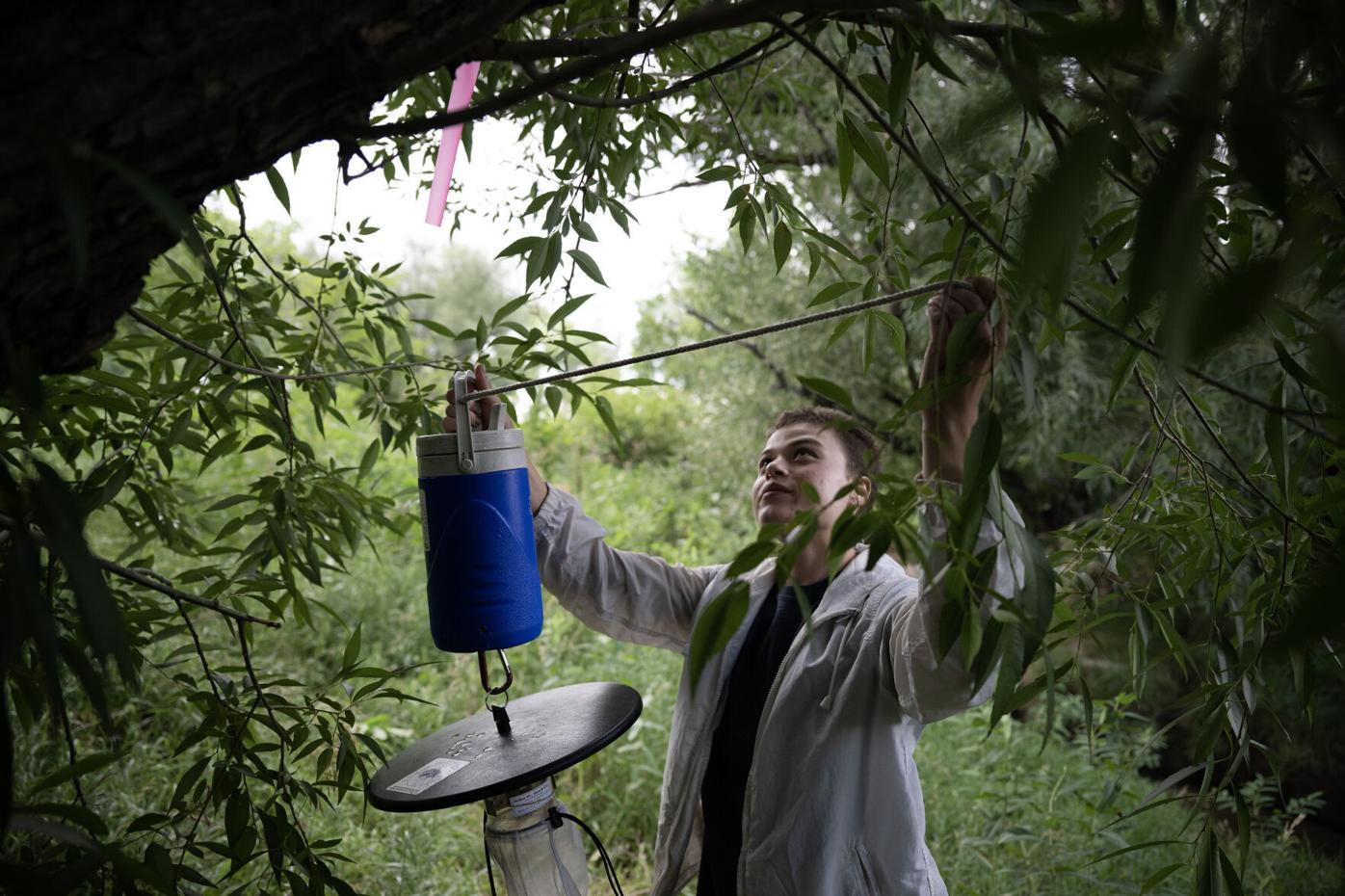Denver Health advice for protection against mosquitoes
Mosquito season in Denver is fast approaching as the temperatures keep rising.
The Denver Department of Public Health & Environment (DDPHE) is warning residents to take precautions against the ongoing risk of mosquito-borne illnesses like West Nile Virus.
2023 saw a particularly severe caseload of the virus, with a total of 634 cases in the state of Colorado. Last year, the numbers went down to 76 cases, according to data from the DDPHE.
Every summer, the department launches proactive treatment measures to reduce mosquito populations. These precautions include applying larvicide to kill young mosquitoes, eliminating standing water where mosquitoes can easily breed, and testing insects to see if they carry any diseases.
As climate change increases, residents in Denver will experience an elevated risk of disease transferred by mosquitoes, according to a news release. According to the EPA, studies have shown that warmer temperatures can accelerate mosquito development, rates of biting, and disease incubation.
“Denverites can protect themselves and their neighbors from mosquito bites in two ways: eliminating mosquito habitats and bite prevention,” according to the release.
Residents should frequently remove standing water from their property, as it can create the perfect breeding ground for mosquito populations. This includes water in birdbaths, gutters, and pockets of water within turf or other landscaping.
Mosquito-proofing your home can also help reduce the risk of being bitten. Screens on windows and doors prevent mosquitoes from entering, and incorporating water-smart landscaping reduces the risk from standing water.
Denver residents experiencing high mosquito activity in their neighborhoods are encouraged to report concerns by calling 311 or using Sunny the Chatbot on the DDPHE website.
More information is available at the department’s website or by listening to its podcast on the issue.





